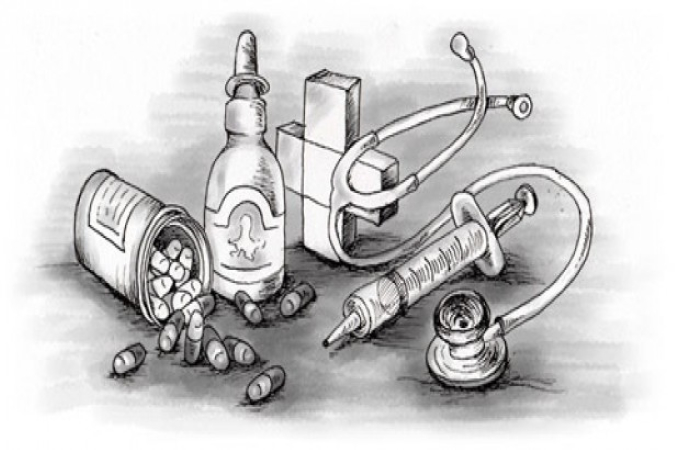08
Oct 2018
Hospitals & Clinics: Public and Private Treatment
Published in General on October 08, 2018

Instead of people having to go to a hospital or clinic far away, many Australian towns now have a hospital or clinic readily available. Each one is marked by the big white H on a blue background to be seen easily.
Australia’s public hospitals are funding by both the federal government and state or territory governments. They’re administered by the state and territory health departments though, with an increasing number of private hospital operators in Australia. Think hospital operators like Australian Hospital Care. Some public hospitals are operated by private companies under a contract too.
Public Treatment
When patients go to the hospital, there may be some worry about affording their treatment. Many patients choose not to go to the hospital for that very reason, but Medicare alleviates this issue. Medicare pays for the full cost of both accommodation and medical treatment by hospital doctors and Medicare patients. As long as you’re in a public hospital, you will receive treatment without needing to worry about the bill. All hospital bills for treatment under Medicare will be paid directly by Medicare. That being said, patients will not have their choice of doctors or hospital, or when they’re admitted for treatment or surgery.
Even if the patient is unable to choose their doctor, they are able to receive proper access to health care and the necessary tests that will improve their health. Medicare patients will have free X-rays and pathology tests, along with free out-patient services in the same hospitals. Usually, patients are given a general ward or twin room to relax in, although for a TV and phone, they need to pay extra.
If you’re a Medicare patient, be sure to take your Medicare card with you. You can hand that to the staff, who will ask you if you want to be treated under Medicare or as a private patient. Recently, people have been concerned over the funding crisis many hospitals are experiencing in many states. There have been shortages of basic medical supplies like bandages, bed linen, drugs, sterile dressings, swabs and syringes reported, with some public hospitals even lacking diagnostic equipment. Hospital staff is so overworked that patients are sometimes left for hours waiting for ward beds in corridors, especially if there’s a shortage of doctors and nurses. Thankfully, there aren’t shortages of life-saving equipment or medicines.
Private Treatment
Private patients are also subsidised by Medicare. When you go to either a public or private hospital as a private patient, Medicare will pay 75% or the fee for medical services, while the remaining 25% will paid by a private health insurer. Anything that isn’t paid, meaning the difference between your health insurer’s refund and your hospital’s fees, will have to be paid by you when you leave the hospital.
If you don’t have private health insurance, you’ll need to pay all the estimated costs when you’re admitted. That’s $250 for a private bed each day in a public hospital, and over $600 per day in a private one. If you do pick a private hospital, you may be given one or two bills for treatment, as some hospitals still choose to charge separately for different treatments and care.
As a private patient, you’ll be able to relax in a single room with everything you can expect at home. This means having an en-suite bathroom, radio, room service, phone, and TV. You can also choose your hospital, along with the attending doctor and surgeon. You can have your own doctor to treat you in a public hospital, but do remember that there will be a daily “accommodation” charge.
Things only get worse for people with no Medicare or Private Insurance. The Royal Women's Hospital website quotes Medical day rates of $1,816 with an overnight rate of $1,960 per night.









